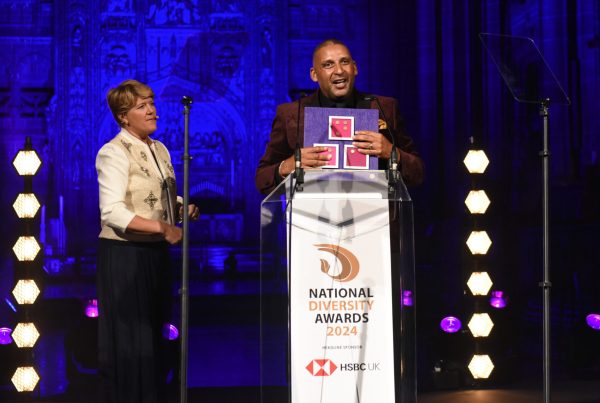A global survey of 829 accountants and finance professionals reveals their deep concerns about social and environmental issues, with 90 per cent of respondents saying they want organisations to increase efforts to become more environmentally sustainable and make a more positive impact on society after the pandemic.
Mainstreaming Impact: scaling a sustainable recovery from ACCA (the Association of Chartered Certified Accountants), also reveals the desire of accountants to spearhead this change, with 95 per cent agreeing finance teams have a role to play in building a more socially inclusive and environmentally sustainable future.
These findings come when 2020 has seen record-breaking temperatures, devastating fires and flooding, and the severe impacts of the COVID-19 pandemic which has worsened existing socio-economic inequalities and reinforced the fragilities of the natural world.
In ACCA�s survey, respondents admit their own organisations need to change to do more to address social inequalities (75 per cent) and to less damage to the environment (85 per cent).
But just over half � 54 per cent � said they considered they had the skills and training to address social and environmental impact management in their organisation. Many stressed the barriers they face including potential costs, lack of senior management buy-in and too narrow a focus on financial returns.
Helen Brand OBE, chief executive of ACCA says in the report�s introduction: �Guided by the United Nations� Sustainable Development Goals, which can act as a common language roadmap to follow out of the current crisis, businesses of all sizes can use this moment to step forward and commit to making an intentional, positive impact on society and the environment through their activities. And for professional accountants, they can make these commitments a reality.�
Lloyd Powell, Head of ACCA Cymru Wales, added: �Now is the time to mainstream social and environmental impact management, so that our economies and societies become more resilient to future shocks and can embed health, equity, community and sustainability into business models.
�Through professional education, accountants can support the transition to a net-zero carbon world. We�re committed to ensuring that sustainability and green finance is an integral part of our world-class qualification and members� CPD, supporting our members with a range of new online learning offerings on these important areas and giving them the skills, knowledge and ambition to do more.�
Given perceived leadership barriers, respondents saw their role as being one of partnering with others in a supporting role, helping them achieve objectives by providing the right kind of help for their organisations. Other results show:
- Approximately 25% of respondents to the survey either did not know whether their finance team was involved in addressing social or environmental impacts, or knew that finance was not involved;
- Among 18 � 34 year olds, 24 per cent ranked human rights as the most important issue to tackle, with 35 � 55 year olds citing diversity and inclusion as being the most important;
- Over three-fifths of respondents agreed that professional accountants should be involved in understanding social and environmental impacts and dependencies, prioritising creating positive social impact alongside financial returns and in improving risk management of social and environmental issues;
- Climate change was deemed most important in Europe by 26 per cent of respondents, the highest response for this issue globally.
CEO Coach Peter Ryding, who recently wrote about imposter syndrome for AB Magazine, says the current VUCA climate, and environmental challenges is presenting finance and HR leaders with multiple challenges and believes leaders need to believe in their ability to have a personal impact in their organisation, because leadership has never mattered more.� Peter says:
“Senior Finance, HR and Tech executives are the lifeblood of the C-Suite and are the talent pool for future CEOs, you are on the board because you belong there and have the ability to make a massive impact on your organisation.� With multiple VUCA challenges facing every single industry right now, there isn’t time to wait for someone else to put a strategy in place while everyone is paralysed by imposter syndrome – if nobody else is responding, then take the initiative, consult with your colleagues and start putting a strategy in motion.� Your CEO will welcome the support.”
Lloyd Powell concludes: �ACCA�s call to action for all organisations is for them to commit to building better impact management into their processes to create value � they need to make board level governance commitment to additional and intentional social and environmental positive impact creation. They must also allocate resources within finance teams and across organisations to build decision-making capabilities related to environmental and social impact.�




